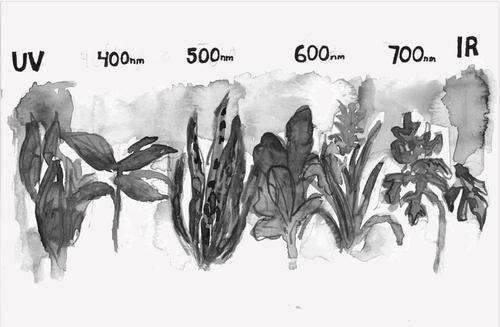Gendron Lab: Yale scientists uncover how plants respond to sunset

In a new Yale study published on Aug. 21 in Nature Communications, the Gendron Lab has come one step closer to understanding the complex system of receptor proteins that allows plants to respond to the day-night cycle as if they could actually witness the pink-blue-black of a coming dusk.
When the sun finally ducks under the horizon, the thale cress plant can balance its energy use and control flowering, among other processes, thanks to a light-detecting protein called ZEITLUPE. The protein builds up during the day, amassing its forces, and then launches on various other proteins in the cell once night falls, halting processes that should only be done when the sun’s out.
Joshua Gendron, leader of the Gendron Lab at Yale and senior author of the study, said the day-night cycle — called the circadian clock — is important to plants in much the same way that it is for humans.
For the complete story, visit Yale Daily News.